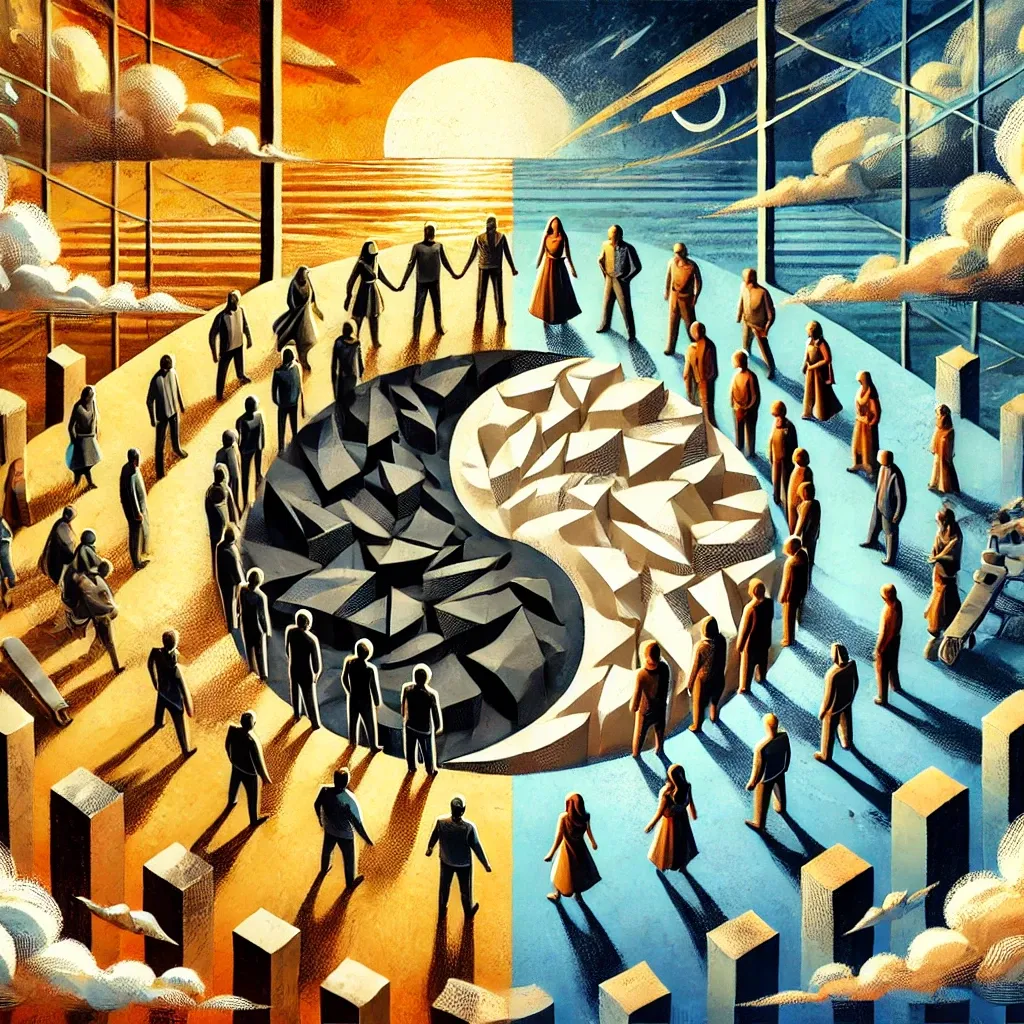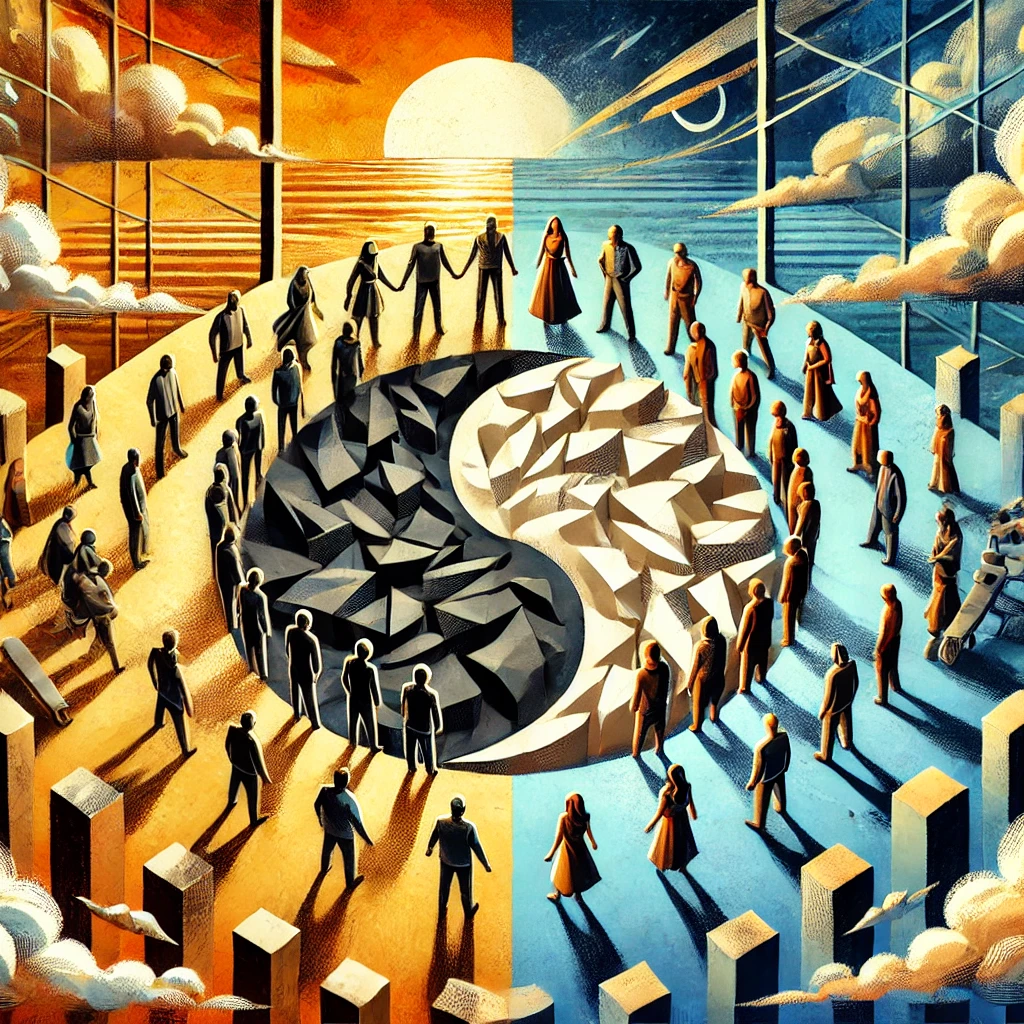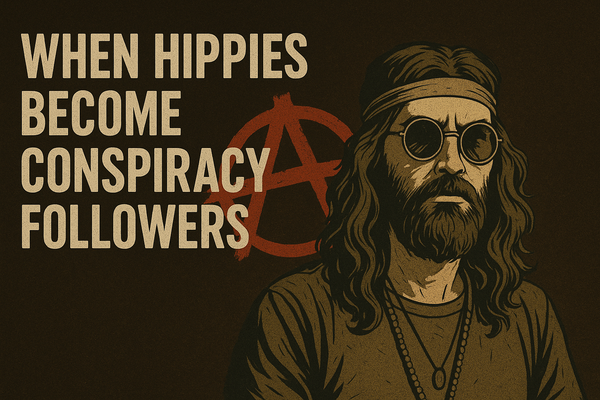The Paradox of Tolerance: Are We Becoming More Intolerant While Striving for Tolerance?

It seems like a contradiction: can a society become more tolerant and more intolerant at the same time? This is the puzzle we call the paradox of tolerance. We see it playing out around us – there's greater acceptance of people who have historically been marginalized, yet we also see more division and intolerance. How can both be true?
One explanation is that our concept of "intolerance" itself is changing. As we successfully address obvious forms of discrimination, like outright racism or sexism, our focus shifts to more subtle forms of bias. What was once considered normal behavior might now be seen as a "microaggression" – a slight that, while perhaps unintentional, can still be hurtful.
This shift in understanding is a positive development, but it also creates challenges. Here's how:
- We might start to see intolerance everywhere. As our definition of intolerance expands, we might become more sensitive to even minor transgressions. This can lead to a culture of hyper-vigilance, where people constantly fear being labeled as intolerant, leading to self-censorship and less open dialogue.
- Tolerance can be weaponized. Some might exploit the concept of tolerance to silence dissenting voices or advance their own agendas. This can lead to a situation where people are afraid to express their opinions for fear of being ostracized or "canceled."
The paradox of tolerance doesn't mean that our efforts to become more tolerant are pointless. It simply highlights the complexities involved in creating a truly inclusive society. Here are some things to keep in mind:
- Education is key. Learning about the history of intolerance, the impact of discrimination, and the subtle ways bias can manifest is crucial to building a more just and equitable world.
- Open dialogue is essential. We need to create spaces where people can respectfully engage with diverse perspectives, even when those perspectives challenge our own beliefs.
- We need to be critical of information. In today's world, it's more important than ever to be able to discern fact from fiction and to recognize manipulative tactics used to spread misinformation and intolerance.
- Focus on shared humanity. Despite our differences, we all share the same planet and the same basic human needs. Remembering this can help us bridge divides and build a more compassionate and understanding society.
The goal is to create a world where tolerance isn't just about passively accepting differences but actively engaging with them. This means being willing to challenge our own biases, to listen to others with empathy, and to work together to create a world where everyone feels safe, respected, and valued.
Listen to the Podcast






